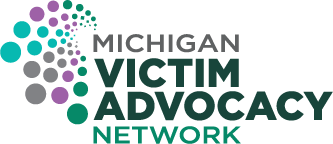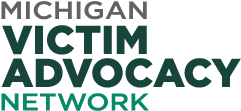Supporting your team’s mental health after a violent news event
“The author, founder and CEO of a nonprofit driving culture change around workplace mental health, offers five ways for managers and leaders to support their people and themselves through violent, devastating events.”




